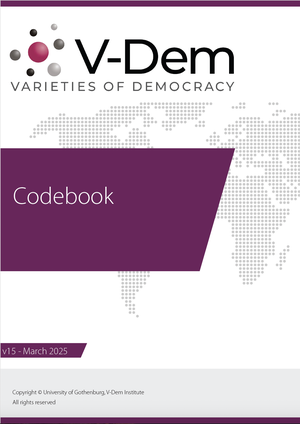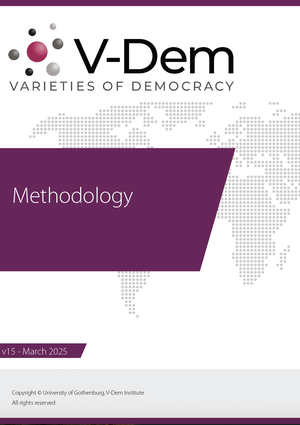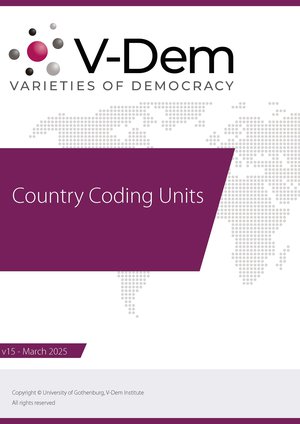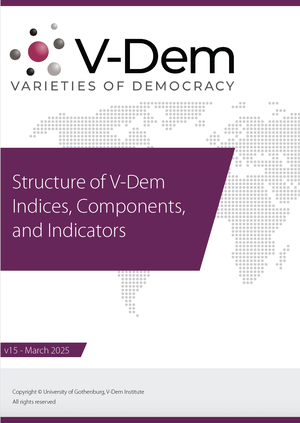No. Comparing absolute index values between different versions of our datasets can be misleading, due to several different factors;
- Coders add data with every annual update.
- We currently allow our coders to update and change their ratings back in time if they have come across new and more accurate information. This should lead to a continuous improvement of the data quality over time.
- There is some attrition of coders as well as recruitment of additional coders for every new release.
- We strive for full coverage and therefore continuously add new countries and expand our time-series.
For each variable the input of our Bayesian Item Response Theory Measurement model contains the coder scores for that specific question across all countries and years (in reduced form, capturing changes only). Because of all the factors mentioned above the input per variable changes with every annual release. Consequently, the output of the statistical model varies accordingly, and the scores are hence expected to change with new releases.
Each index is an aggregation of several variables. However, an interpretation of index scores is only meaningful in comparison to other index scores across time or countries within the same index (e.g. rank orders).








